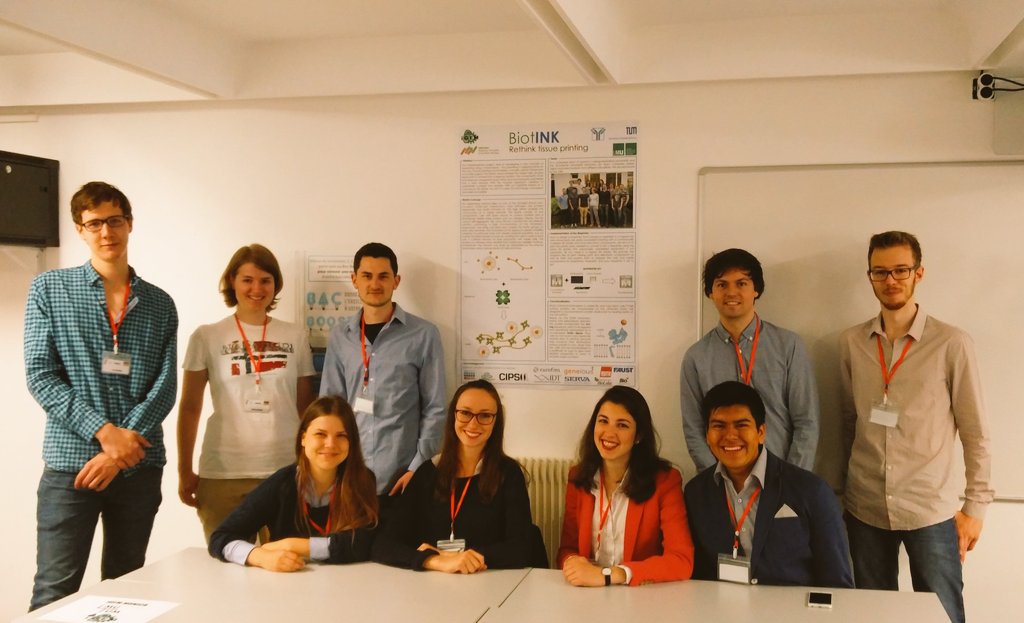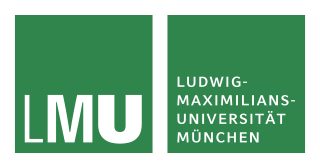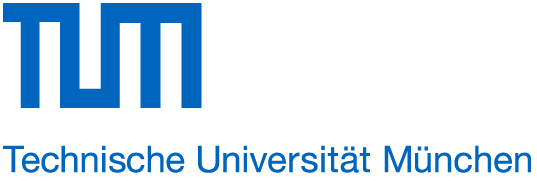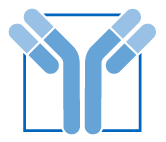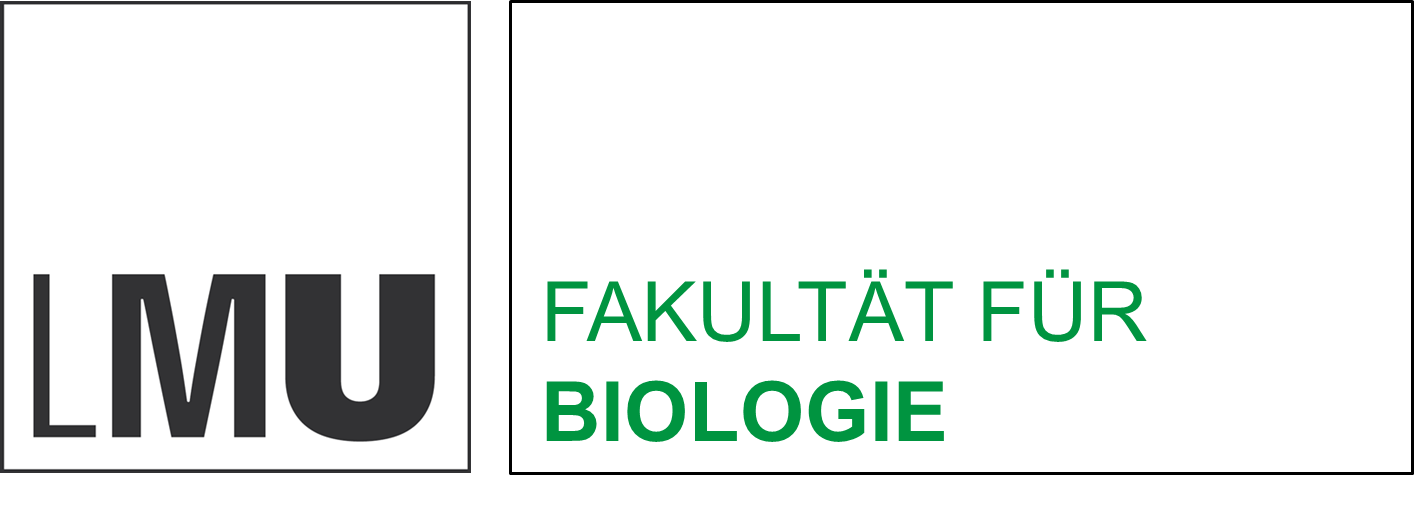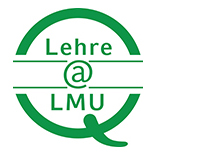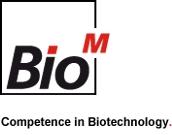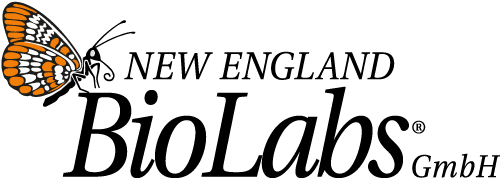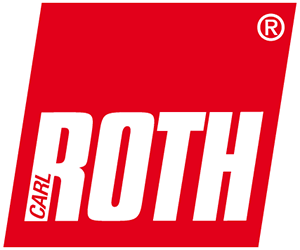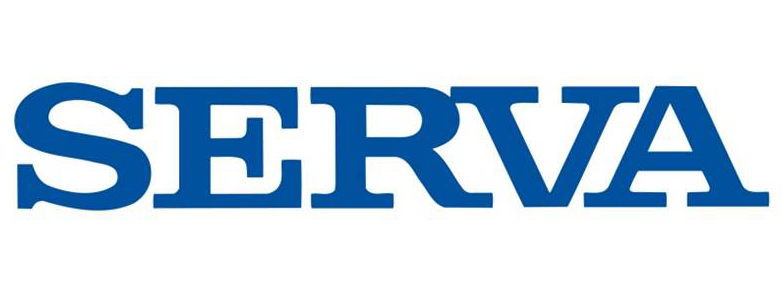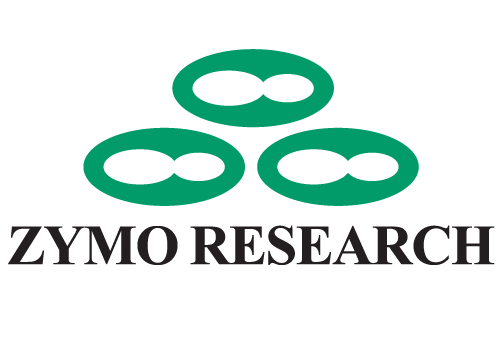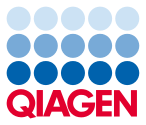| Line 2: | Line 2: | ||
=LMU and TU Munich 2016= | =LMU and TU Munich 2016= | ||
| − | |||
<ul class="slider"> | <ul class="slider"> | ||
<li>[[Image:Muc16_Team_Portrait_compressed.jpeg|link=|alt=Team Photo|class=top]]</li> | <li>[[Image:Muc16_Team_Portrait_compressed.jpeg|link=|alt=Team Photo|class=top]]</li> | ||
<li>[[Image:Muc16_Teamphoto_NA.JPG|link=|alt=Another Team Photo|class=bottom]]</li> | <li>[[Image:Muc16_Teamphoto_NA.JPG|link=|alt=Another Team Photo|class=bottom]]</li> | ||
</ul> | </ul> | ||
| − | |||
| − | <div class="white-box"> | + | <html><div class="white-box"> |
<h1>Abstract: biotINK - rethINK tissue printing</h1> | <h1>Abstract: biotINK - rethINK tissue printing</h1> | ||
Living in an aging society and facing the increasing organ shortage, we have developed a game-changing approach to bioprint tissues for biomedical application. Our interdisciplinary work entails creating a novel bioink that exploits the rapid and specific interaction of biotin and its tetrameric binding protein streptavidin. By employing this affinity, we have engineered cells presenting biotin moieties or biotin binding proteins on their surfaces and recombinant biotinylated proteins as spacer molecules, which both co-polymerize upon contact with streptavidin. Furthermore, we have explored different cellular circuits, which allow us to control pancreatic cell lines, induce tissue vascularization, or install biosafety mechanisms for printed tissues. To deliver these cells, we employ a hijacked 3D printer that enables us to manufacture three-dimensional multi-cellular structures in a user-definable manner. Altogether, we are confident that our system provides the necessary means to advance the SynBio community to the next level – the tissue level. | Living in an aging society and facing the increasing organ shortage, we have developed a game-changing approach to bioprint tissues for biomedical application. Our interdisciplinary work entails creating a novel bioink that exploits the rapid and specific interaction of biotin and its tetrameric binding protein streptavidin. By employing this affinity, we have engineered cells presenting biotin moieties or biotin binding proteins on their surfaces and recombinant biotinylated proteins as spacer molecules, which both co-polymerize upon contact with streptavidin. Furthermore, we have explored different cellular circuits, which allow us to control pancreatic cell lines, induce tissue vascularization, or install biosafety mechanisms for printed tissues. To deliver these cells, we employ a hijacked 3D printer that enables us to manufacture three-dimensional multi-cellular structures in a user-definable manner. Altogether, we are confident that our system provides the necessary means to advance the SynBio community to the next level – the tissue level. | ||
Revision as of 01:21, 17 October 2016



